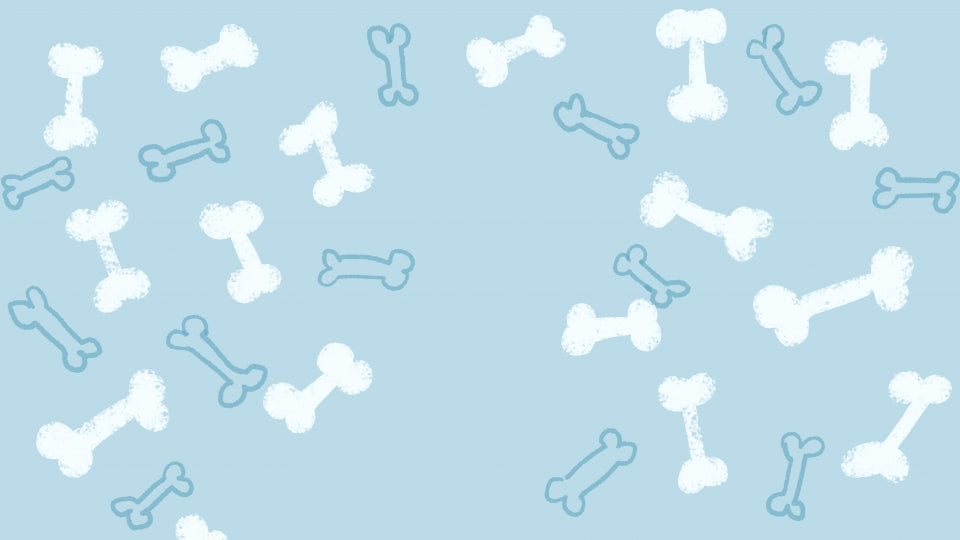
Let's talk about Bones!!!
Bone formation and bone loss encompasses the roles that many nutrients and molecular signals play in the body. Factors that play a part in bone metabolism and bone mineral density include endocrine factors, genetic factors, mechanical factors and very importantly nutritional factors.
It is therefore highly advisable to take in all the necessary vitamins and minerals to support your bone health and teeth so that you don’t miss out on the important things in life.
Let’s have a look at the facts:
- Postmenopausal women are more likely to suffer from osteoporosis when compared to the general population.
- Vitamin D3 may be beneficial for breastfeeding women and in pregnancy.
- During adolescence, the main task of Vitamin D is to elevate bone mineral density.
- Supplements containing Vitamin D and Calcium are widely consumed by women in the post-menopausal stage of life as the combination may benefit the management and perhaps even the prevention of osteoporosis.
- Insufficient consumption of Magnesium and Vitamin C is connected to an increase in bone resorption.
- Studies have confirmed that Vitamin K2 may be effective for maintaining bone mineral density.
- Curcumin as a constituent of Turmeric may increase bone strength and produce advantageous changes in bone turnover.
What should I be using for bone support?
If we look to nature for bone support there are quite a few natural substances that include Calcium, Magnesium, Turmeric, Vitamin D3 and Vitamin K all of which may offer support for bone health. Each of these play a slightly different role in the body, but they mainly work in synergy with each other.
Calcium
Calcium is one of the essential elements that we need to take in through diet or through supplementation and it has been suggested to play an important in osteoporosis. It is needed for the part it plays in normal bone formation and to keep your teeth healthy so you can always be proud of that smile of yours.
Magnesium
Magnesium is exceptionally important in the metabolism of our skeletal bones. Some studies have proven that magnesium may play a role in preventing osteoporosis and bone fractures. The depletion of magnesium is connected to osteopenia, vitamin D resistance, parathyroid hormone resistance, fragile bones and the actions of osteoclasts and osteoblasts may be reduced when magnesium levels are too low. A higher consumption of magnesium has been connected to lower levels of bone resorption. Today, scientists are drawn to the idea that magnesium deficiency plays a beneficial part as far as osteoporosis is concerned.
Turmeric
Curcumin, which is one of the main constituents of turmeric, has the potential to increase bone strength.
Vitamin D3
Vitamin D may be beneficial in the management of normal blood calcium levels. A specific study has highlighted that people who take vitamin D supplements are less likely to experience bone fractures. Vitamin D3 supplementation is widely acceptable, it is potentially safe, and it may also be highly effective in the management of normal bone mineral density.
Vitamin K
Many human study trials have found vitamin K2 to be effective in the management of osteoporosis. When Vitamin K2 levels in the body are too low, calcium cannot be directed to the bones where it is needed most. Vitamin K2 is connected to the maintenance of bone mineral density for instance in conditions like anorexia, postmenopausal osteoporosis and cirrhosis in which bone mass and density is adversely affected.
The Transforme Blog and its materials are not intended to treat, diagnose, cure or prevent any disease. All material on The Transforme Blog is provided for information purpose only. Always seek the advice of your physician or a qualified healthcare provider for any questions you have regarding a medical condition, and before taking supplements and undertaking any diet, exercise or other health-related programs.
